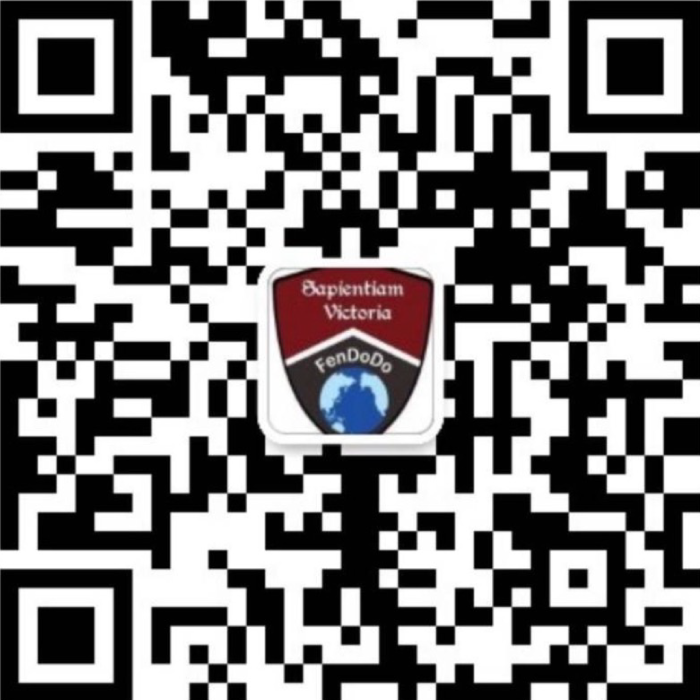Course Content
- Thinking Geographically: Master spatial concepts, scale, and patterns—learn how geographers use maps and data.
- Population & Migration: Analyze global population trends, density, movement, and demographic changes.
- Cultural Patterns & Processes: Explore language, religion, ethnicity, and diffusion of cultural traits.
- Political Organization of Space: Study the formation of states, political boundaries, and global geopolitics.
- Agriculture & Rural Land Use: Understand farming systems, food production, and rural landscape change.
- Industrialization & Economic Development: Examine global industry, economic activity, development models, and impacts of globalization.
- Urbanization: Analyze city growth, urban models, and issues facing modern cities.
- Human-Environment Interaction: Learn about environmental challenges, sustainability, and human impacts on the landscape.
Exam Structure
- Section I: Multiple Choice – 60 questions, 1 hour, 50% of score
- Section II: Free Response – 3 questions, 1 hr 15 min, 50% of score
Skills Developed
- Spatial thinking: understanding patterns, distribution, and organization of human activity across the world
- Data analysis: interpreting maps, graphs, and statistics to analyze geographic trends
- Critical thinking: evaluating causes and consequences of human-environment interactions
- Argumentation: constructing evidence-based explanations about population, migration, urbanization, and cultural processes
- Research and synthesis: integrating multiple geographic perspectives to explain global patterns
Who Should Take AP Human Geography?
- 9th–12th graders interested in social studies, global issues, or earning their first AP credit.
- Students who want to build skills in data interpretation, essay writing, and analytical thinking.
- Learners curious about population, culture, urbanization, and the forces shaping the modern world.
College Credit
Many U.S. colleges grant credit or advanced placement for high AP Human Geography scores (usually a 4 or 5). This can satisfy introductory geography or social science course requirements, allowing students to progress to higher-level geography, urban studies, or related social science courses earlier in their college curriculum.





